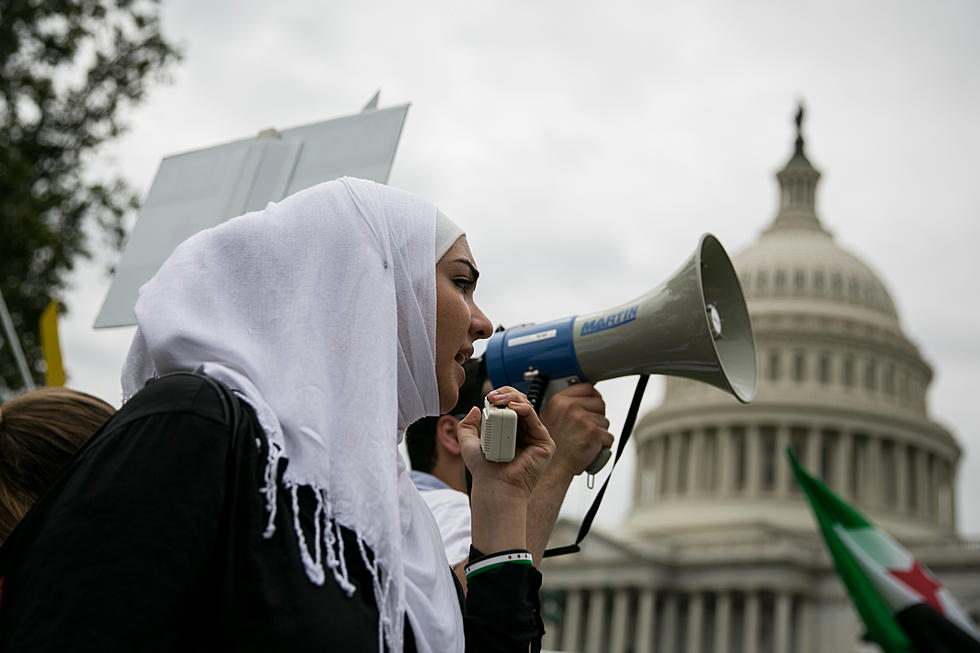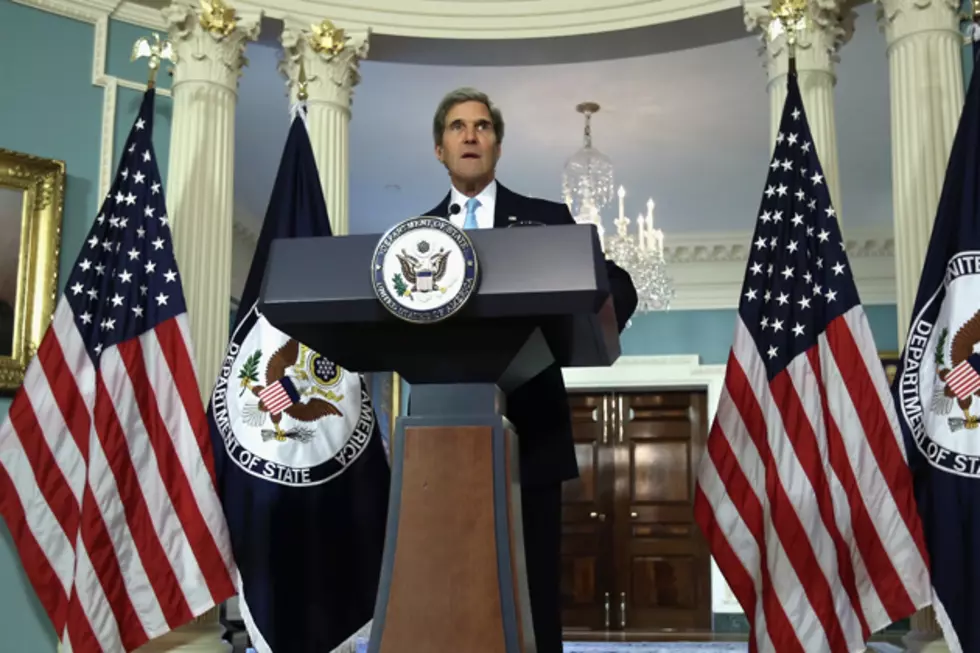
Kerry Lays Out Case Against Syria, Says Chemical Attack Killed 1,429
Secretary of State John Kerry described how the government in Syria, led by President Bashar al-Assad, used chemical weapons in an attack on its own citizens, killing 1,429 people, including 426 children. Kerry suggested that the United States must respond, or take the chance that other dictators might act similarly.
"History would judge us all extraordinarily harshly if we turned a blind eye to a dictator's wanton use of weapons of mass destruction," Kerry said during his speech at the State Department. "Will [other dictators] remember that the Assad regime was stopped from those weapons' current or future use? Or will they remember that the world stood aside and created impunity?"
Kerry continued to press the case that the U.S. had plenty of clear evidence of the attack, and who orchestrated it, and that America had an obligation to step up. The usage of poison gas is a "crime against humanity," he said.
Any possible upcoming military intervention would not involve troops on the ground, and it would be limited and not open-ended. The Obama administration has been busy briefing members of Congress on the situation, and it has tried to persuade international allies to come on board. France ("our oldest ally," said Kerry) has indicted it will support action, while Great Britain's parliament voted on Thursday not to intervene. The United Nations Security Council is deadlocked, with Syrian allies Russia and China opposing any foreign intervention.
The government also released an unclassified intelligence assessment of what happened in Syria. "We assess with high confidence that the Syrian government carried out the chemical weapons attack against opposition elements in the Damascus suburbs on Aug. 21," the report states.
U.N. inspectors are in Syria at the moment, and it is unlikely that any military action will proceed until they leave on Saturday.
"The primary question is really no longer, what do we know?" Kerry said. "The question is, what are we—we collectively—what are we in the world going to do about it?"
More From News Radio 710 KEEL
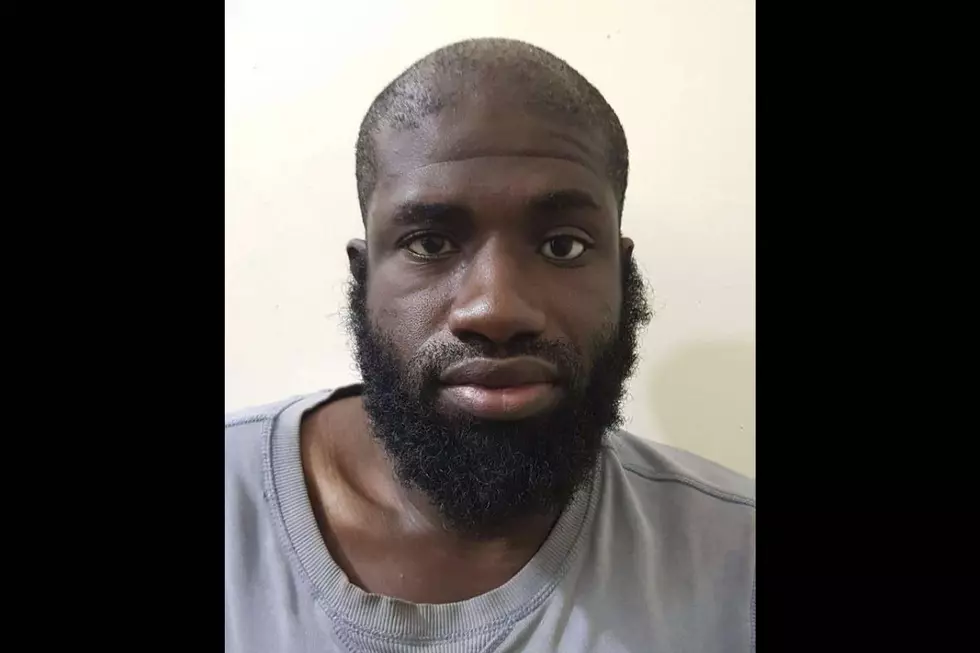
![Congressman Mike Johnson On Flood Aid To Louisiana and Trump’s Missile Attack On Syria [VIDEO]](http://townsquare.media/site/180/files/2017/04/mike.png?w=980&q=75)
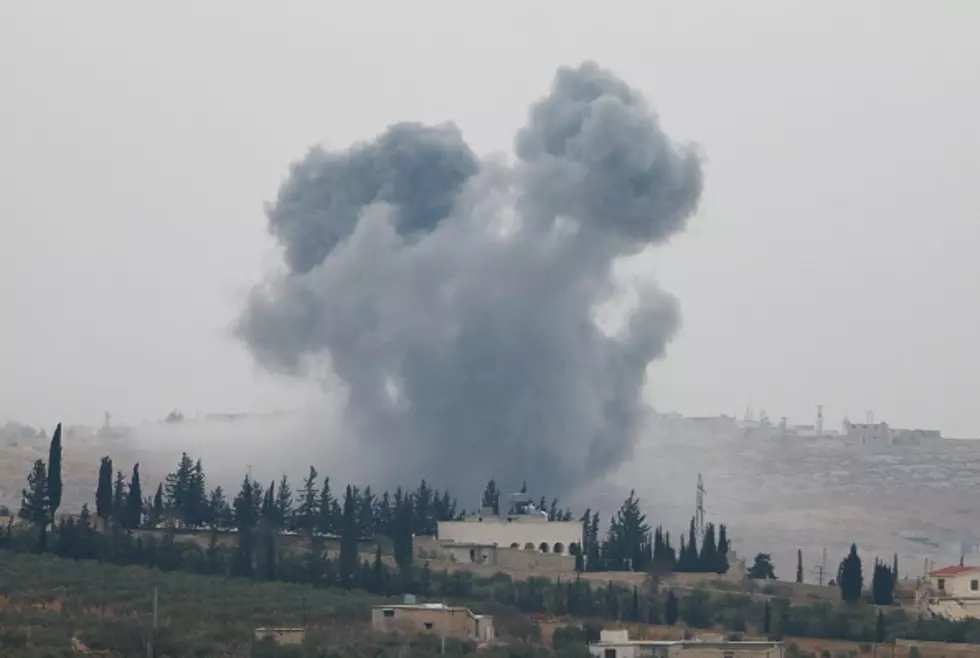
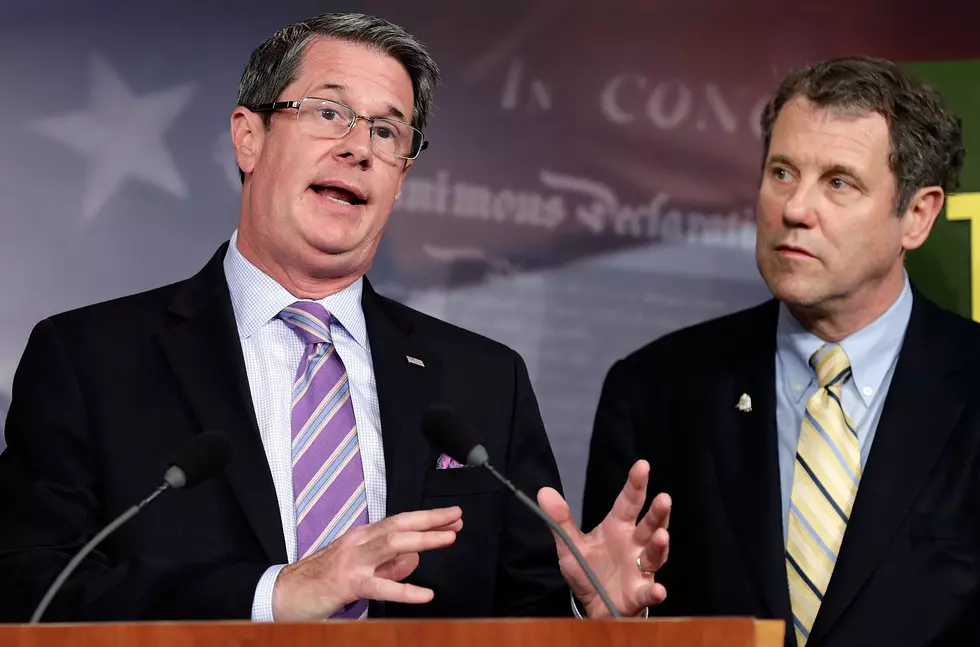

![President Obama Asks Congress to Postpone Syria Vote [VIDEO]](http://townsquare.media/site/385/files/2013/09/180261011.jpg?w=980&q=75)

